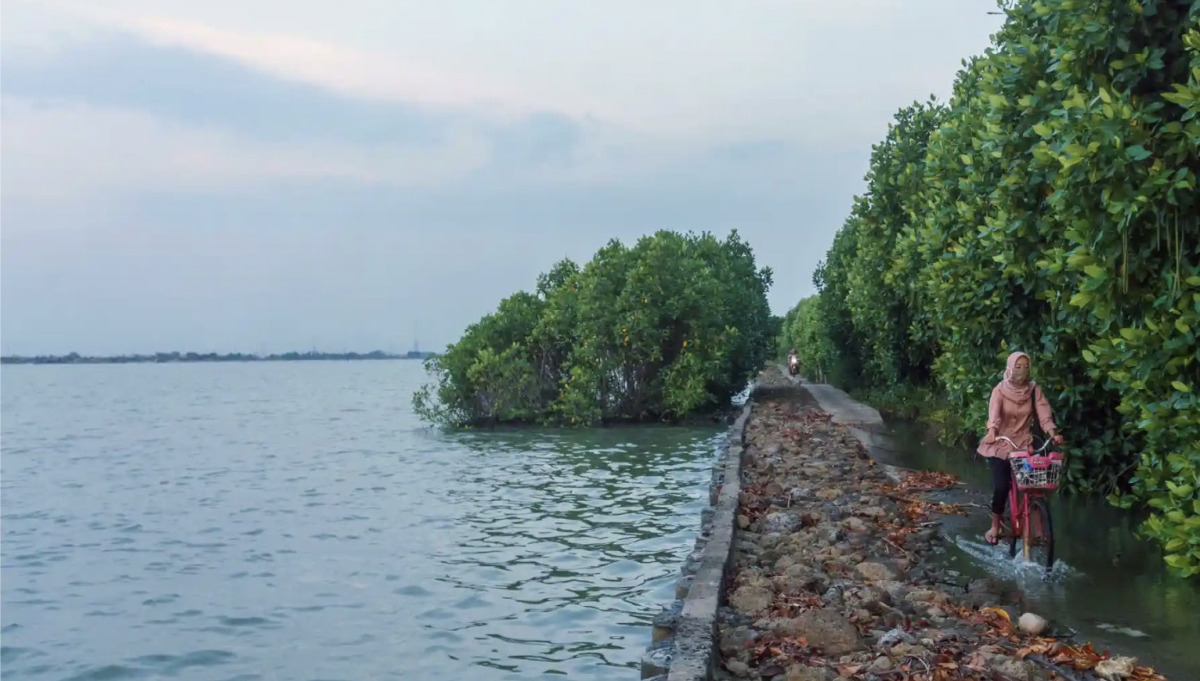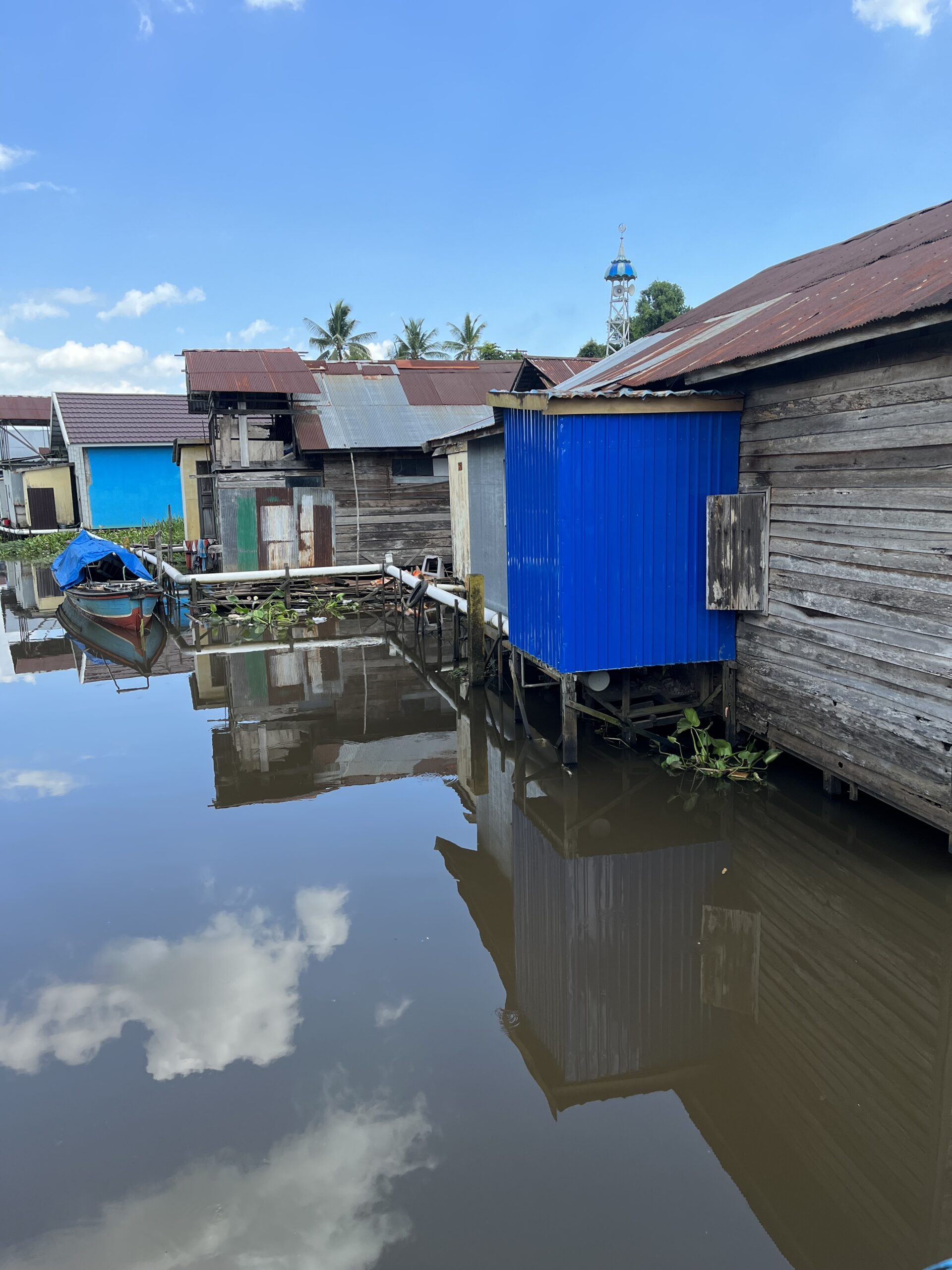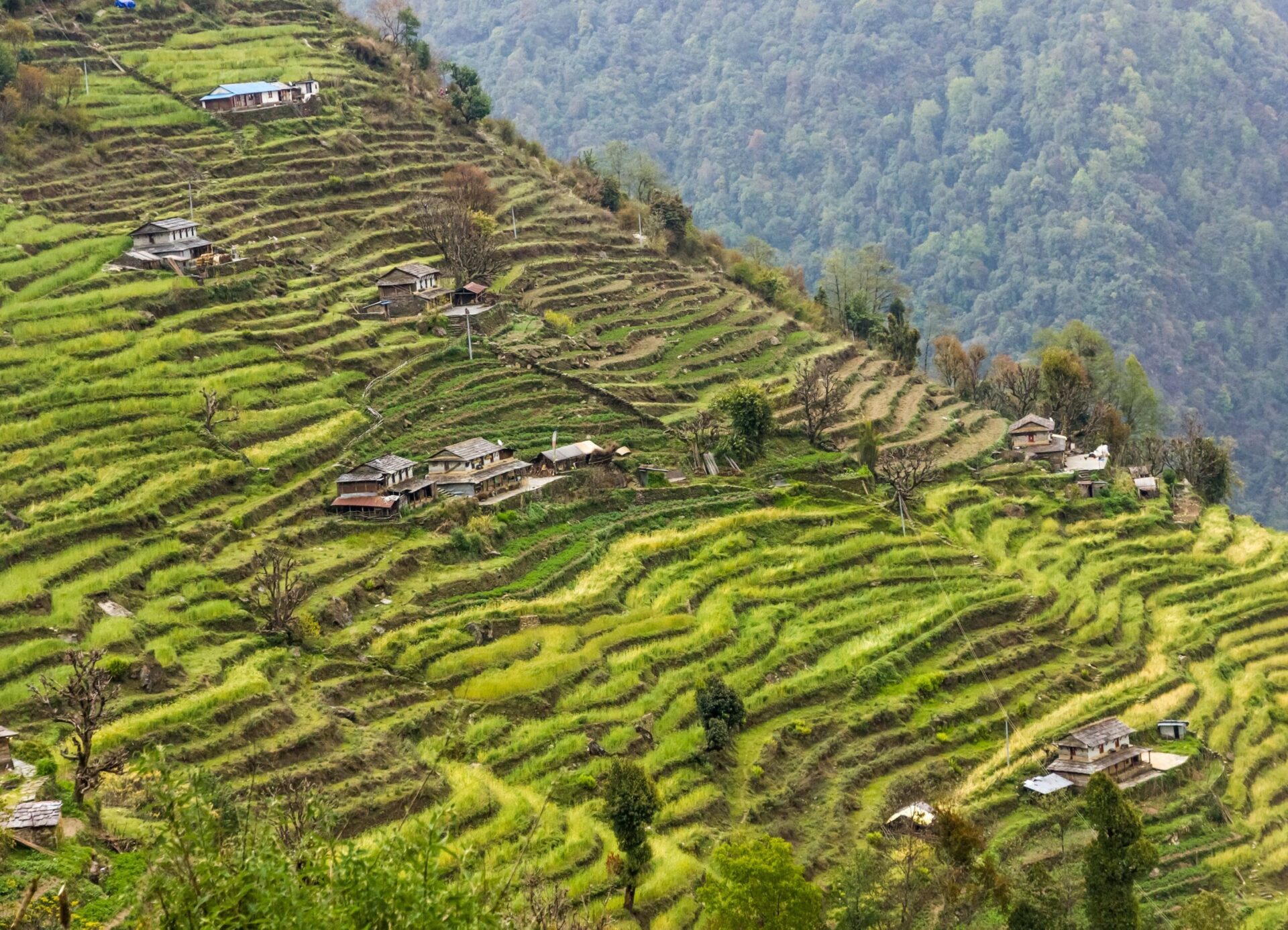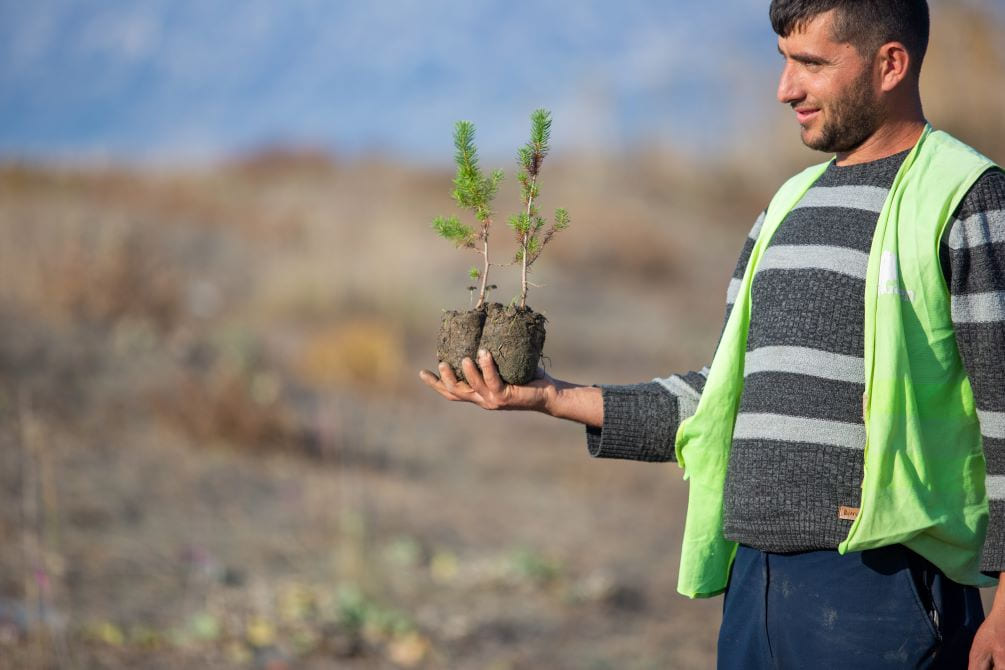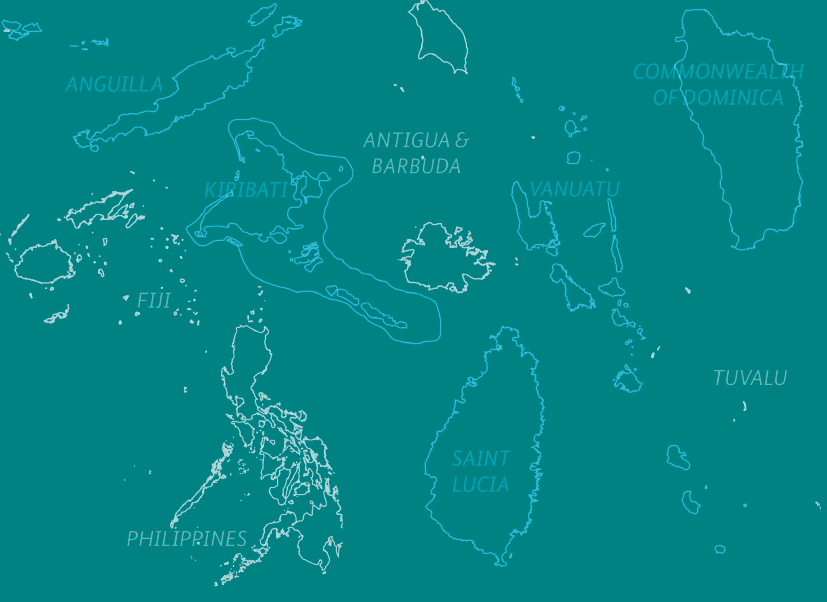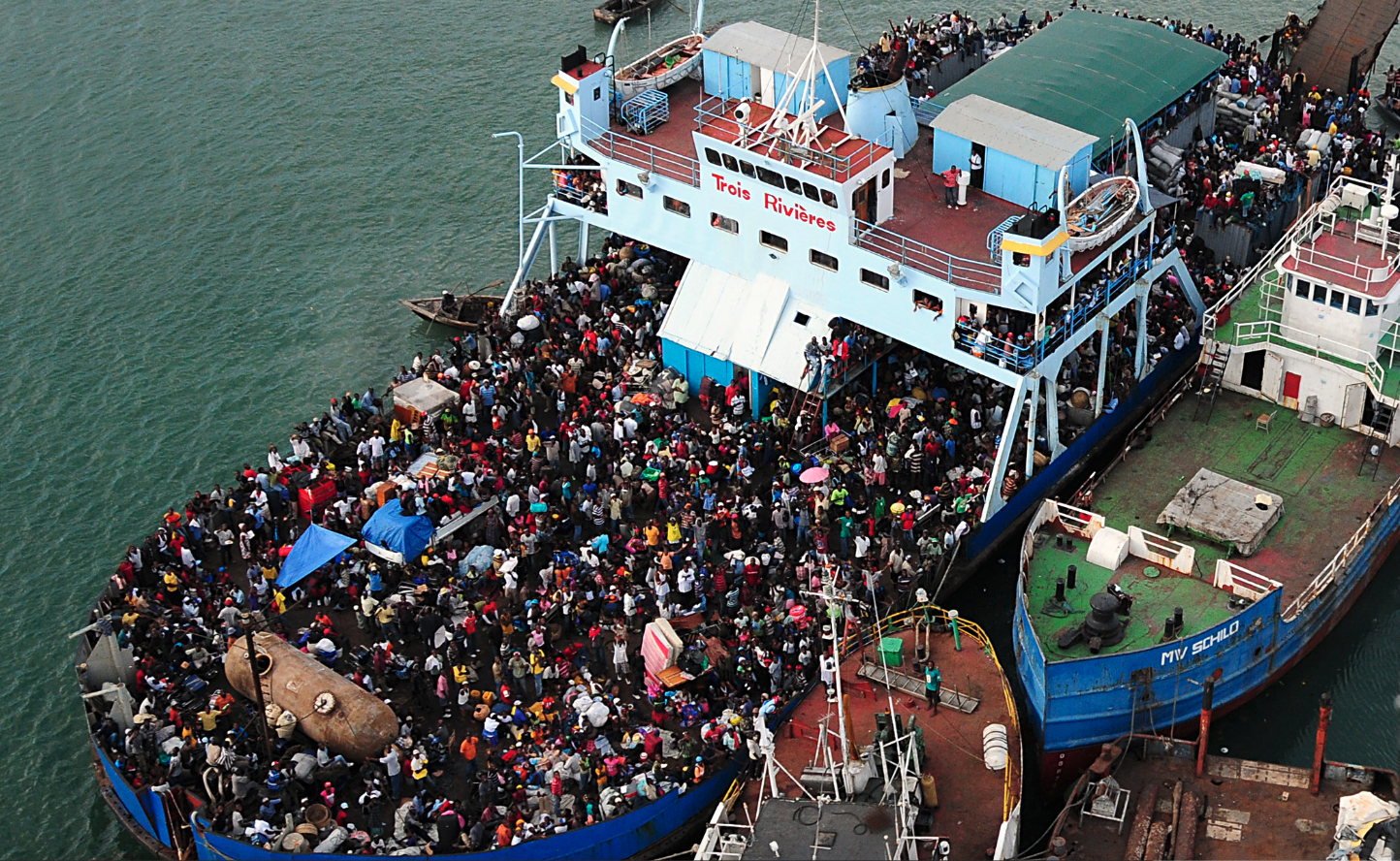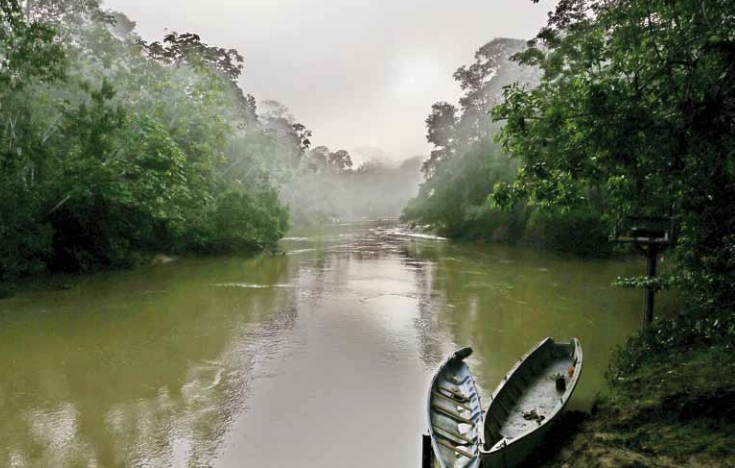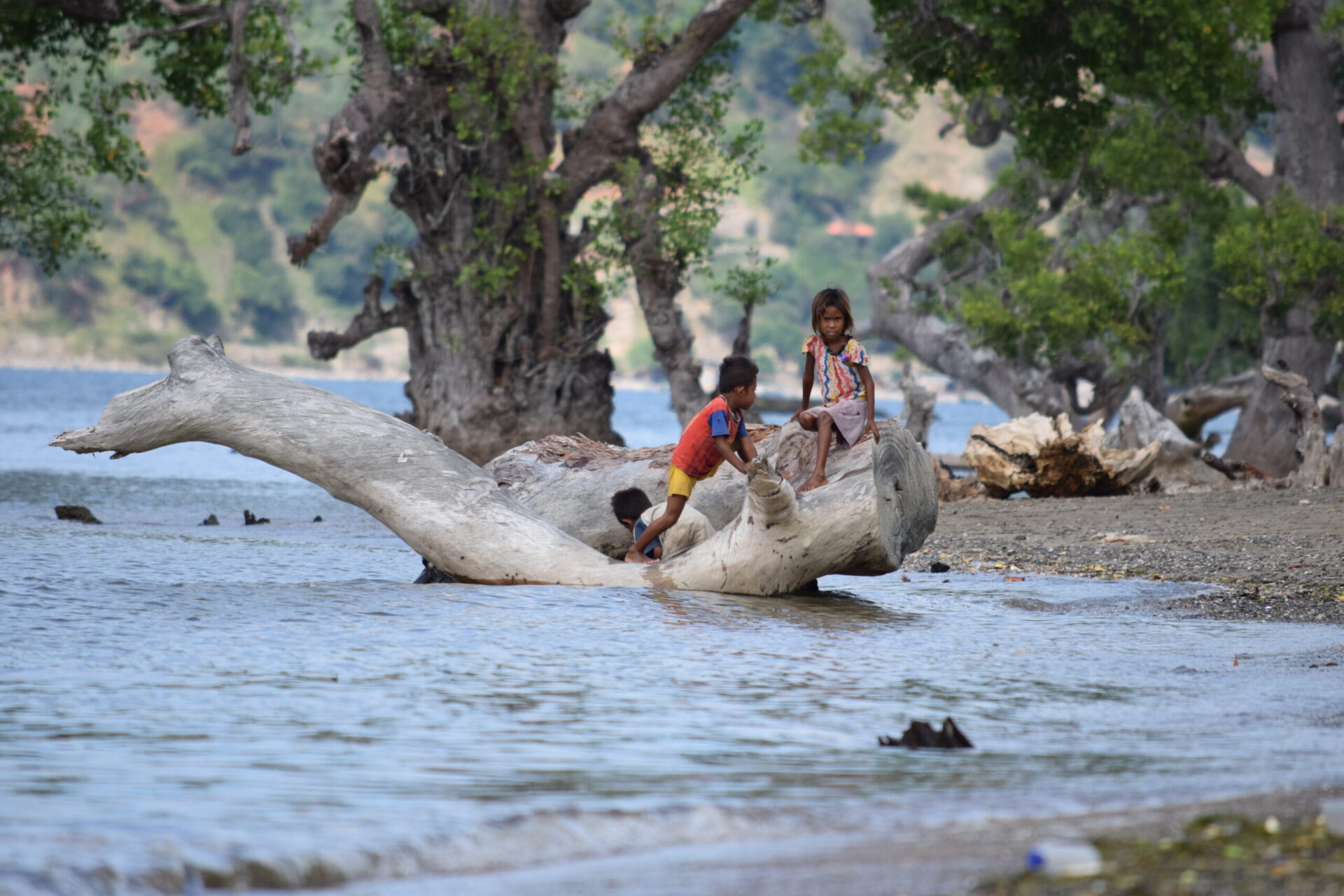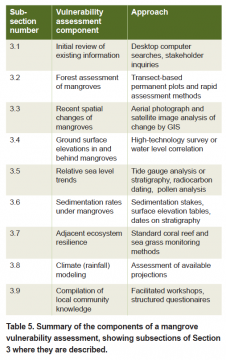Fiji
Public Engagement on Climate Change Adaptation: A briefing for developing country National Adaptation Plan teams
This report, jointly prepared by Climate Outreach and the NAP Global Network, provides an introduction to public engagement on climate change adaptation. It makes recommendations for how to make public engagement with climate adaptation inclusive and effective, and how to make links to the Action for Climate Empowerment (ACE) agenda under the UNFCCC and the Paris Agreement.
Coastal climate impact analysis and sanitation hazard assesment framework
In low- and middle-income countries, current urban sanitation services often struggle to safely contain and treat human waste for a variety of reasons. Sea level rise and the associated increase in storm surges will add further complexity to urban sanitation service planning in these settings. Planning for sea level rise is needed to ensure the future reliability of these services and can be a catalyst for upgrading neglected sanitation services.
This handbook provides stepwise guidance for facilitating authorities responsible for citywide sanitation services to develop an adaptive action plan for ensuring the resilience of their city’s sanitation services to the impacts of sea level rise.
This handbook provides stepwise guidance for facilitating authorities responsible for citywide sanitation services to develop an adaptive action plan for ensuring the resilience of their city’s sanitation services to the impacts of sea level rise.
Turning Science into Action Webinar Series Session 4: International and Country Adaptation Experiences
Hear from several countries discussing recent progress and challenges in implementing adaptation solutions through a cross-sectoral lens. In translating the IPCC WGII report findings into informed action, a key takeaway was the importance of community-based and regionally led action.
Turning Science into Action Webinar Series Session 2: Turning IPCC Science to Action – Joint session on Water & Infrastructure
Watch several experts explain how to turn the IPCC's science into action in this session on water and infrastructure conducted by the AAC and WRI.
Guidelines for Integrating Ecosystem-based Adaptation (EbA) into National Adaptation Plans (NAPs)
These guidelines aim to help adaptation practitioners at national and local levels to factor ecosystem functions and services into a country's National Adaptation Plan processes and instruments.
Home Lands: Island and Archipelagic States’ Policymaking for Human Mobility in the Context of Climate Change
This report provides an overview of how human mobility in the context of climate change (HMCCC) fits into the policy landscape of nine island and archipelagic countries.
Inescapably intertwined: the reality of globalisation and borderless climate risks
Climate adaptation efforts are unlikely to succeed if done in geographic isolation. The Transnational Climate Impacts Index examines country exposure to climate change from an international view.
Sourcebook: Valuing the Benefits, Costs and Impacts of Ecosystem-based Adaptation Measures
This sourcebook assists in building awareness, knowledge and capacity about why, how and in which contexts EbA valuation can be used to inform, guide and influence adaptation decision-making.
USAID Climate Change Adaptation Project Preparation Facility for Asia and the Pacific
The USAID Adapt Asia-Pacific program shared information and best practices about climate fund requirements and helped governments build capacity to access climate change adaptation finance.
